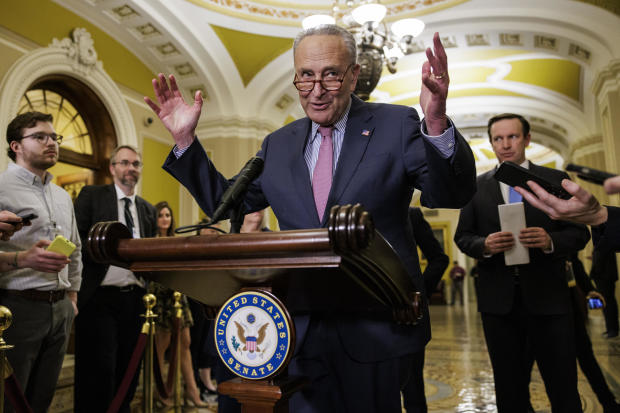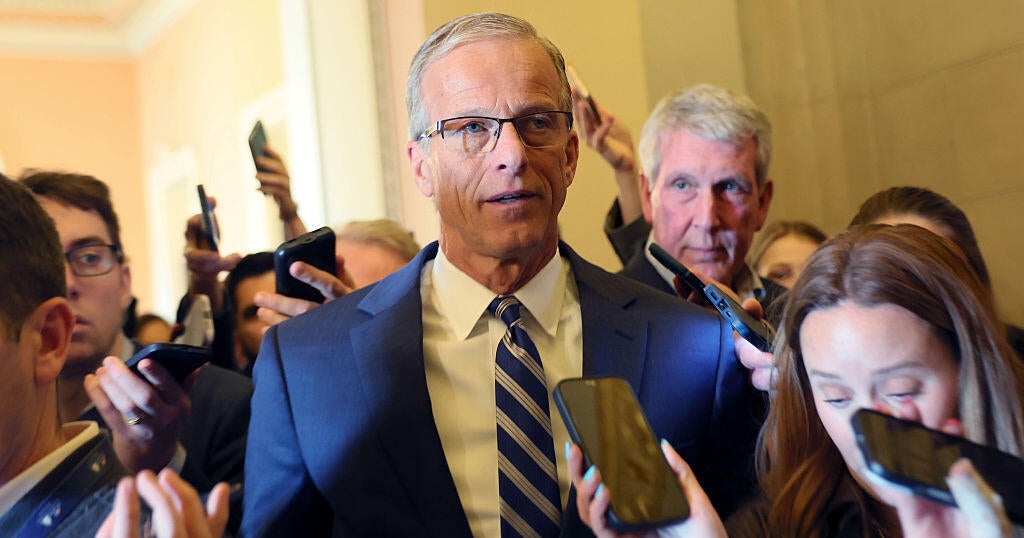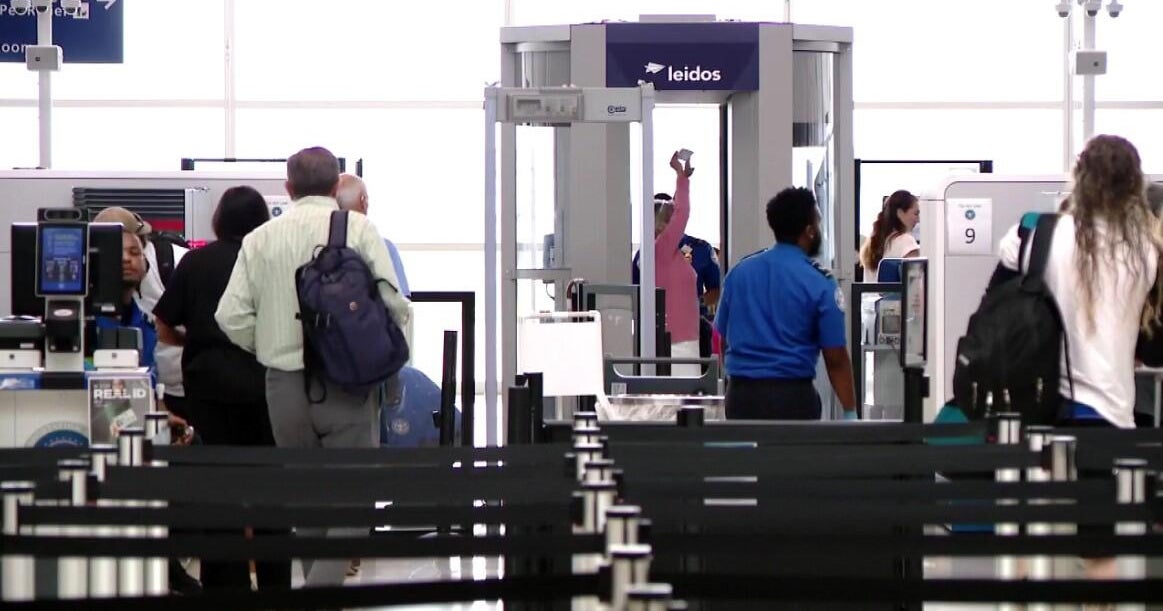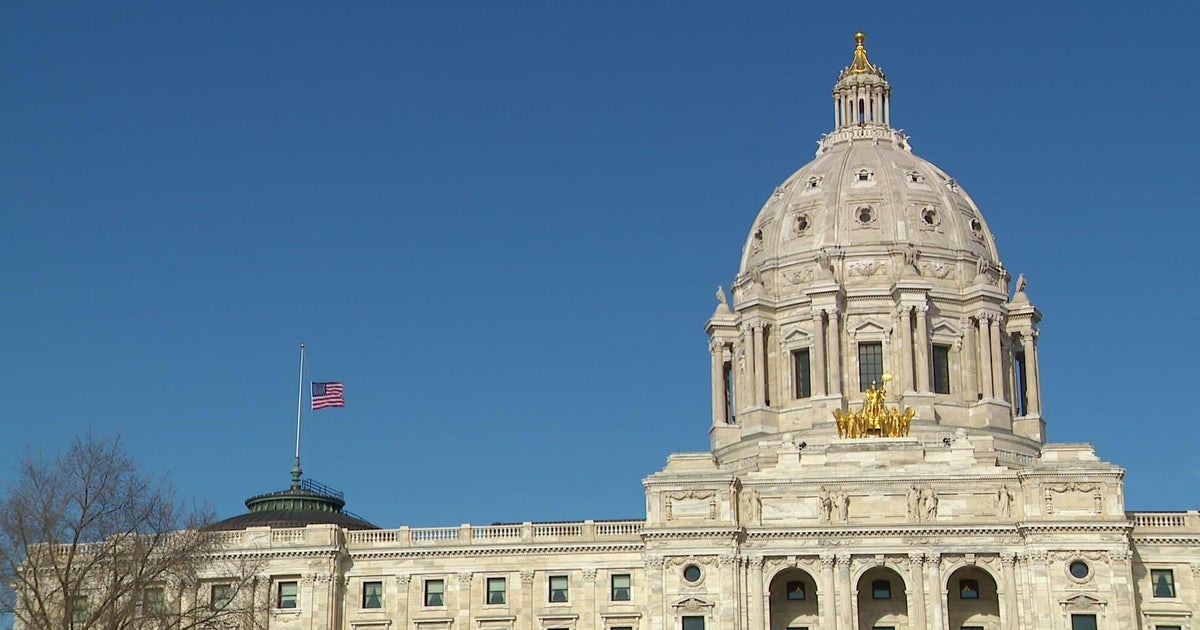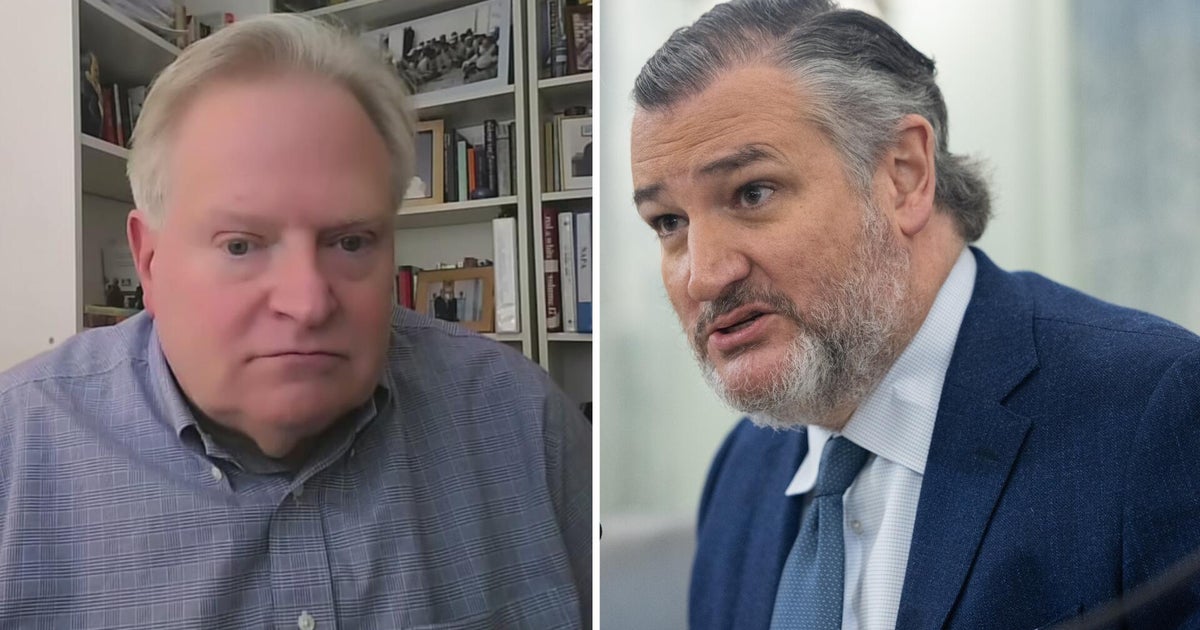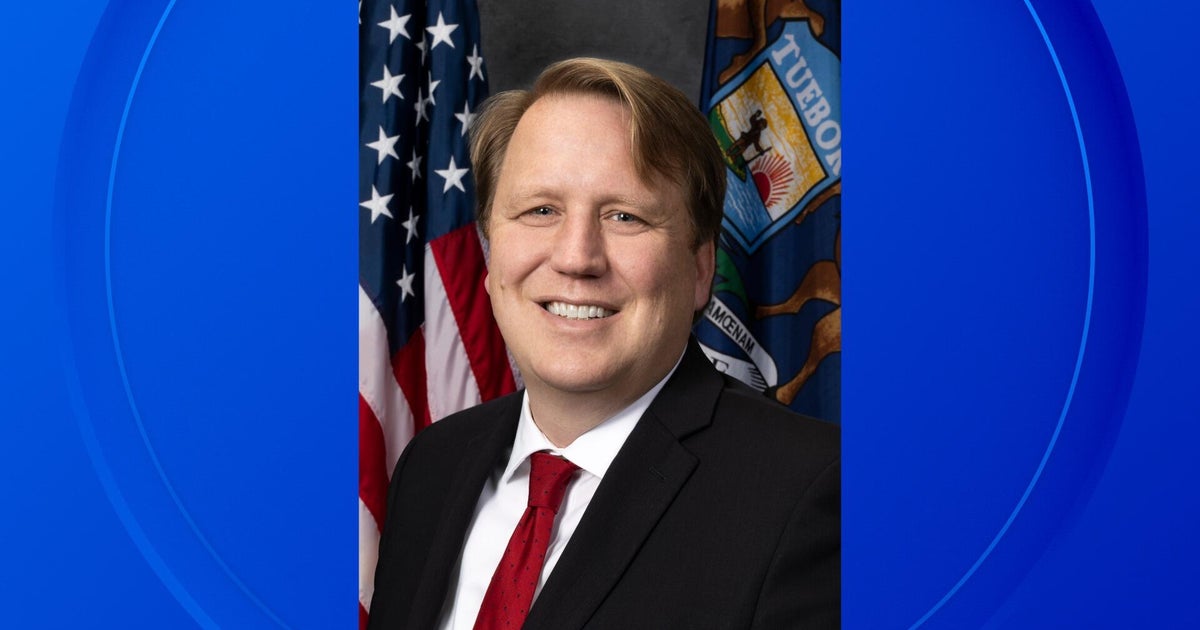Senate clears first hurdle in avoiding shutdown, votes to advance short-term spending bill
Washington — The Senate crossed its first hurdle Tuesday night as it seeks to pass a stopgap spending measure to stave off another government shutdown ahead of a fast-approaching deadline at the end of the week.
In a 68-13 vote, the upper chamber advanced a bill that will serve as the vehicle for the stopgap measure, known as a continuing resolution. It would extend government funding deadlines to March 1 and March 8 to give both chambers time to approve longer-term funding.
"The focus of this week will be to pass this extension as quickly as we can," Senate Majority Leader Chuck Schumer, a New York Democrat, said Tuesday.
Schumer said the vote will put the Senate on track to pass the continuing resolution before Friday.
"If both sides continue to work in good faith, I'm hopeful that we can wrap up work on the CR no later than Thursday," he said. "The key to finishing our work this week will be bipartisan cooperation in both chambers. You can't pass these bills without support from Republicans and Democrats in both the House and the Senate."
The shutdown deadlines
Absent a continuing resolution, the federal government will partially shutdown when funding runs out on Friday for some agencies. Funding for other departments expires Feb. 2 under the last stopgap measure.
Schumer and House Speaker Mike Johnson, a Louisiana Republican, reached an agreement last week on the overall spending levels for annual appropriations bills. The deal mostly adhered to an agreement made last year by President Biden and then-House Speaker Kevin McCarthy, a California Republican.
But the Senate and House appropriations committees were left with little time to write and pass the bills, putting pressure on Congress to rely on another short-term funding extension to avert a shutdown.
If passed, it will be the third short-term spending deal that Congress has passed since September.
Johnson may face hurdles in getting the bill across the finish line in the House, where hardline conservatives have insisted on spending levels far below those agreed to by congressional leaders, while opposing short-term funding measures. House Republicans are also facing multiple absences, making their already slim majority even smaller.
Both Johnson and McCarthy had to rely on Democrats to get last year's continuing resolutions through the House, leading to the end of McCarthy's speakership. Opposition from hardliners to the latest deal makes it likely Johnson will again have to rely on Democrats to pass the bill to keep the government funded.
Johnson had vowed not to take up another short-term extension, but backtracked as the first shutdown deadline in January neared.
On Sunday, Johnson framed the decision as a necessary step to allow Congress to continue passing the 12 appropriations bills individually, which has been another demand by hardline conservatives.
"Because the completion deadlines are upon us, a short continuing resolution is required to complete what House Republicans are working hard to achieve: an end to governance by omnibus, meaningful policy wins, and better stewardship of American tax dollars," he said in a statement.
Nikole Killion contributed reporting.
